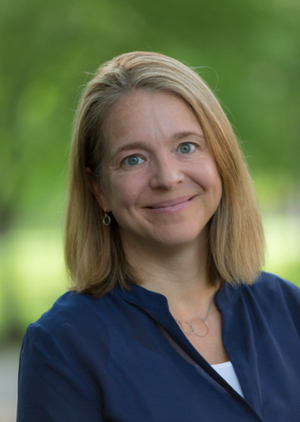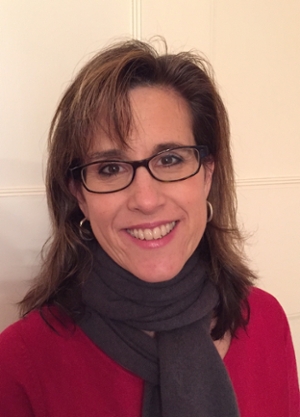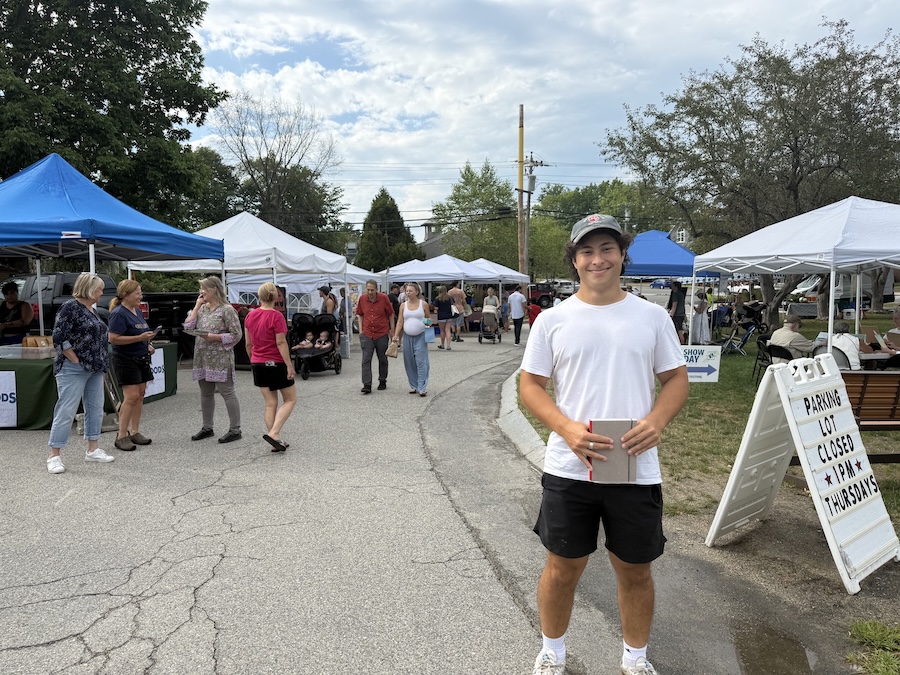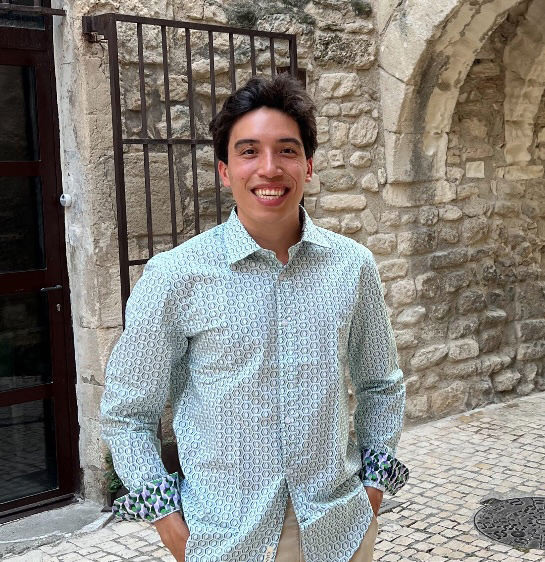Bowdoin Scholars in the Media, Sharing Insight around Ukraine Crisis
By Tom PorterWhile most media attention is quite rightly focused on Ukraine and what’s happening there, we should not forget the extent to which the current war is also a catastrophe for Russia and its people, said Laura Henry.

Professor of Government Henry, who specializes in contemporary Russian politics, among other things, was one of the scholars featured on a Tuesday, March 8, “Newsroom Live” webinar organized by The Portland Press Herald.
Russia’s invasion of Ukraine, said Henry, took many people by surprise, including regional experts like herself. The reason for this, she explained, is that the move does not appear to be in Russia’s national self-interest.
“If we think about any country, regardless of ideology, in general the leadership of that country wants to have security, prosperity, stability, influence over regional neighbors, influence internationally—and one of the reasons that so many experts never thought this invasion would happen is because it is so incredibly costly by all of those measures.”
“Russia is facing possible economic collapse,” she continued, “certainly economic crisis—a deep recession at a minimum—and some parts of the economy are basically incapable of functioning, due to sanctions.”
The country also faces a potential threat to its domestic legitimacy and stability, said Henry, who expects the Putin regime will have to rely increasingly on repressive measures to control segments of the population, noting that as of now more than 13,000 Russian citizens have been arrested for protesting the war.
Other concerns for Moscow, she added, include the conduct of the war. Although it has been professionalized, modernized, and provided with new technology in recent years, the Russian military is seen as having underperformed since it went into Ukraine.
“Even more consequential,” said Henry, “this conflict has united the West in ways that we haven't seen for decades, which is really remarkable.” The war has led to an outpouring of sympathy for Ukrainians, she explained, causing increasing anti-Russian sentiment. Although, she warned, all this could change if factors like rising fuel prices and other economic hardships in the US and Europe affect public support for Ukraine.
The ordinary Russian people, meanwhile, are being fed a diet of one-sided propaganda by the Kremlin-controlled state media, said Henry. “[Russian media outlets] are telling people that their military is engaged in absolutely essential peacekeeping operations to deliver humanitarian aid,” and to resist genocide against ethnic Russians carried out by a regime filled with Nazi sympathizers. Listen to the webinar.

Associate Professor of History Paige Herrlinger, who is also chair of Bowdoin’s Russian department, could be heard on Maine public radio’s Maine Calling show on March 3, discussing the geopolitical impacts of the Russian invasion and how other nations are responding.
When asked why Putin decided to invade Ukraine, Herrlinger said the Russian leader was motivated by more than the threat of NATO’s expansion eastward. “I think his ambition to gain control over Ukraine, to reincorporate Ukraine, is part of this broader agenda and vision of what's called the Russian world order… which is bringing… Belarus, Ukraine, and Russia together into this larger Russian world,” a world that Putin feels is bound by a common history and culture that goes back centuries, she commented.
Herrlinger also said she is given hope by the “courageous outpouring of anti-war sentiment in Russia,” where the stakes can be very high for those who speak out against the government. She said she thinks it likely that martial law will be imposed in the coming days as the authorities close down access to the internet, which is where many young Russians turn to for news.
The role of the Russian Orthodox Church is another interesting factor to consider, observed Herrlinger. Many Ukrainians are members of the church, as well as most Russians, and there have been signs of some division within the institution, she said. While the head of the church has remained silent on the war*, many Orthodox priests have signed a letter condemning the Russian invasion. Listen to Paige Herrlinger on Maine Calling.
*Since this broadcast the head of the Russian Orthodox Church, Patriarch Kirill, has spoken in support of the invasion of Ukraine.

Also highlighted in the media recently was Assistant Professor of Economics Matthew Botsch, quoted in a Portland Press Herald article. “The swift imposition of sanctions by the US and Europe shows that sanctions have come of age as a foreign policy tool,” he told staff writer Edward Murphy, adding that the impact on Russia will be severe.
The Russian economy, Botsch explained, is “heavily dependent on imports” and “the sanctions have been much harsher and more effective than anybody anticipated.” Because most financial transactions are now done electronically, said Botsch, other countries were able to act quickly in freezing any assets Moscow had in those countries. This, he added, has severely restricted Russia’s access to much-needed foreign currency.
While Americans can expect some economic pain from cutting off trade with Russia—rising oil and gas prices, for example—Botsch said the impact on the Russian economy will be far greater, with the country expected to go into recession later this year. Read the article.
Other insight: In a Bowdoin News article, government and Asian studies professor Christopher Heurlin shares his thoughts on what the Ukraine situation might mean for China. (“China wants to see itself as Ukraine.”)



